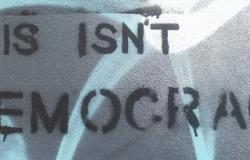
This article suggests that there are many ways of characterizing the transformations of contemporary democracy, but that particularly Peter Mair's analysis of the ‘hollowing out’ of democracy suggests that we are witnessing a process of democratic disempowerment, with citizens becoming disaffected and political elites more insulated. A particular terrain of such a process is that of political representation. This article focuses on the conceptual and institutional transformations of the ‘standard version’ of political representation and whether the shift from a more formal and centralised system, based on authorization and control, to more informal, diffuse and trust-based processes of representation may still meet the normative requirements of democratic politics.